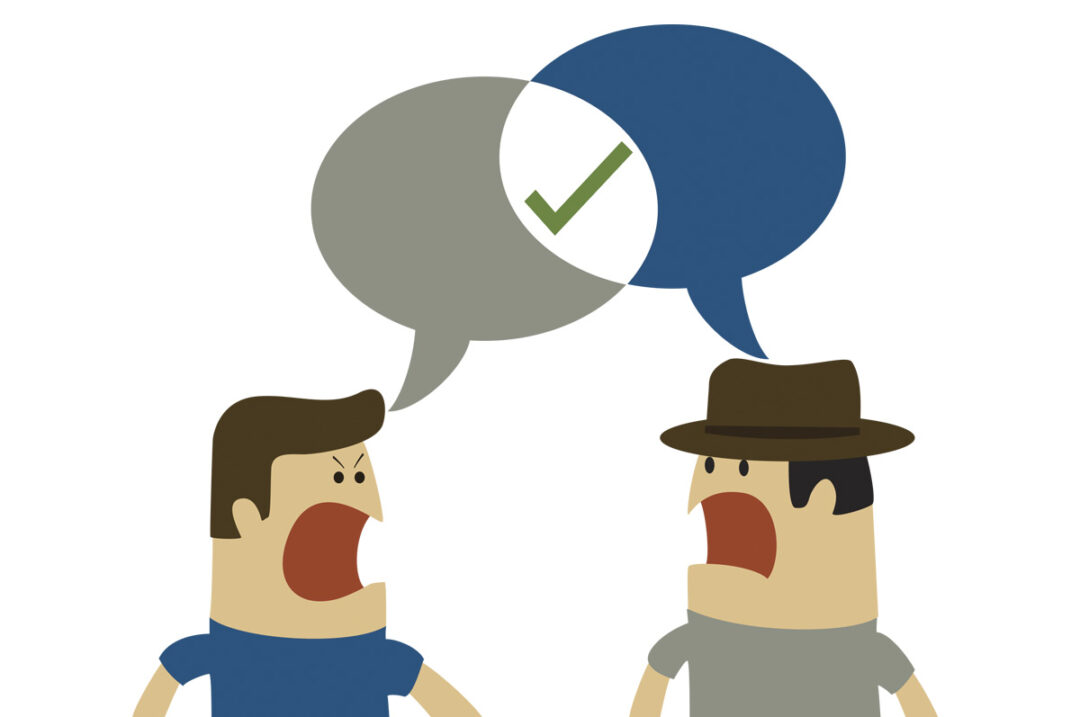by Donald Bialkowski
This week, I wanted to discuss a common human experience: conflict.
TAKEAWAY: Conflict is like fertilizer for relationships – it helps them grow.
Now, that being said, the level of intensity matters.
Let’s consider the story of Goldilocks and the Three Bears. If you recall, the moral of the story is about finding the “just right” balance.
The same applies to conflict in relationships:
- too much conflict = relationship breakdown
- too little conflict = stagnation and disconnection
- just the right amount of conflict = growth and success
This applies to all relationships by the way, not just romantic ones.
The Benefits of Conflict
Conflict, when handled well, has major upsides.
Here are four key benefits:
- Stronger connection: Successfully working through conflict brings people closer. Facing challenges together builds trust, resilience, and a stronger bond.
- Deeper intimacy: Conflict requires vulnerability, and vulnerability is where real connection happens. When you openly share your thoughts, fears, and emotions, you create a deeper and more authentic relationship.
- Personal growth: As my couple’s therapist once told me, “The relationship isn’t the problem; it reveals the problem within you.” Conflict can highlight areas within yourself that need attention, making relationships powerful tools for personal development.
- Clearer boundaries: Conflict often arises when boundaries are crossed or unclear. Navigating these moments helps you define and reinforce your boundaries, fostering mutual understanding and respect.
ACTION ITEM: This week, collect some “conflict data” on yourself.
Here are a few key points to observe:
Trigger: What situation or circumstance set off the conflict?
Reaction: What thoughts and emotions surfaced? how did you respond?
Outcome: What was the result of your response?
Wishing you a week of “just right” conflict!
Meet Donald Bialkowski
Facilitator
I grew up in a blue-collar family marked by intergenerational depression and an often absent father. As a teenager, I turned to substances to cope, a path that dominated my life for many years. Despite these challenges, I earned a graduate degree in social work and gained experience in various mental health settings. It was during the pandemic, however, that I discovered my true calling.




Thank you for this Donald!! This is an ongoing lesson learning process for me that I persistently live at the edges with. Sometimes, I get it, other times I’m relearning, and see how much there is for me to integrate into my experience.
Thanks for taking the time to lay this out so clearly. 😀
Yes, nicely and simply stated. Right now there is so much lopsided conflict in my life, and in me, I’m having a hard time even identifying triggers or remembering reactions & outcomes. And so, the anxiety and frustrations mount as to how in the hell I’m to continue on any sort of healing journey when I have trouble articulating even the most basic who, what, why, where and when of the conflicts in my present situation. Is there such a thing as conflict overload? Thanks again for sharing your experience, insight & strategy.